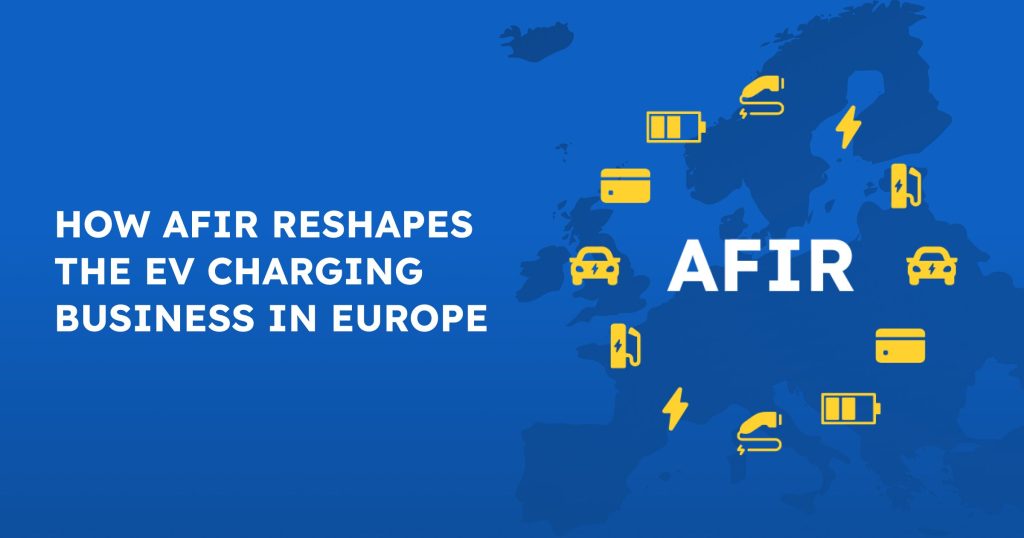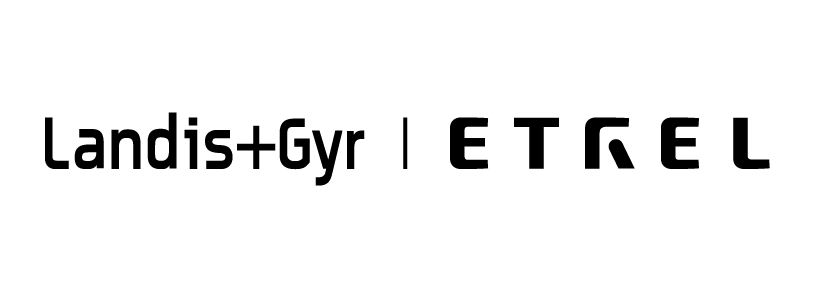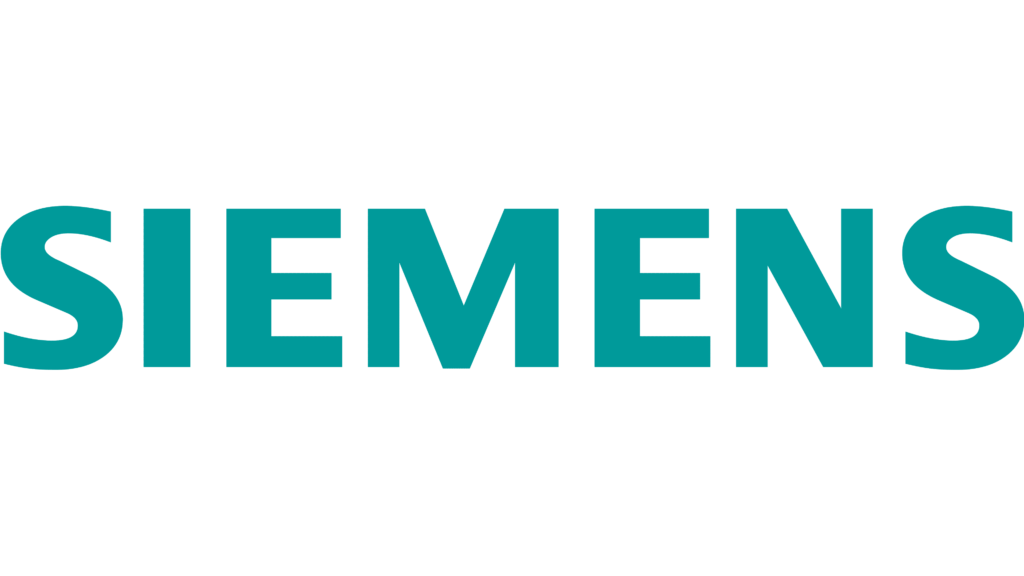The European Union is making significant strides towards a greener future with the introduction of the Alternative Fuel Infrastructure Regulation (AFIR). AFIR is a game-changer in the realm of sustainable transportation. Here’s what you need to know about this pivotal regulation.

What is AFIR?
AFIR is a legislative framework designed by the European Parliament to boost the transition to alternative fuels. As part of the ambitious #fitfor55Package, AFIR aims to decarbonize transport and propel Europe towards its climate-neutral goals by 2050. While it encompasses all transport sectors, our focus here is on road transport.
Key Components of AFIR
Deployment of EV Charging Infrastructure
AFIR sets forth two primary objectives for EU Member States:
- A distance-based target for the Trans-European Transport (TEN-T) Network.
- A target based on the size of the national electric vehicle (EV) fleet.
i) For Cars, Vans, and Heavy-Duty Vehicles
Member States are required to provide fast charging stations with a minimum capacity of 150 kW every 60 km along the TEN-T Network. Additionally, charging stations with at least 1.3 kW of charging capacity per battery-electric light-duty vehicle and 0.8 kW per plug-in hybrid EV are mandated.
For Heavy-Duty Vehicle AFIR stipulates the installation of charging stations with a minimum capacity of 350 kW every 60 km along the TEN-T network and every 100 km on the broader network starting in 2025, with full coverage by 2030.
ii) Hydrogen Refuelling Stations
From 2030, hydrogen refuelling infrastructure will be required at all urban nodes and every 200 km along the core network to serve both cars and trucks.
Simplifying Payments
AFIR calls for the facilitation of ad hoc payments via debit or credit cards, ensuring a seamless experience for EV drivers, especially those not subscribed to any eMobility service provider.
The Impact of AFIR
AFIR is more than just a regulatory requirement; it’s a catalyst for change. By standardizing and harmonizing the EV charging infrastructure across Europe, AFIR not only supports the eMobility industry but also contributes to grid management, energy system support, and the broader fight against decarbonization.
In conclusion, AFIR is a significant step towards sustainable mobility for all, making the European market a leader in the global shift to greener transportation solutions.












